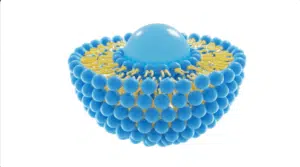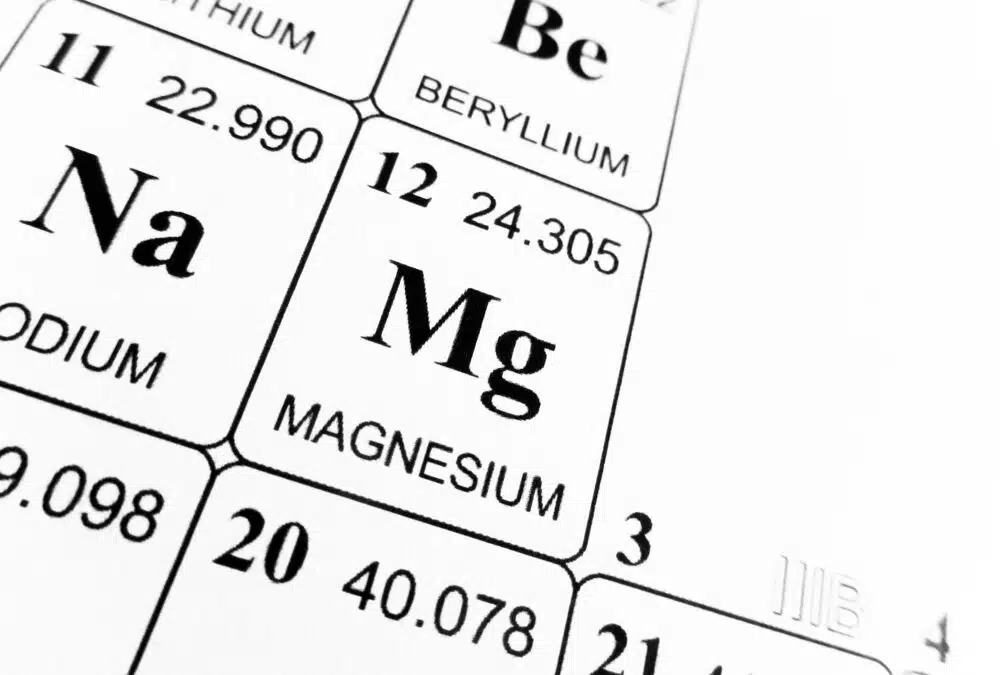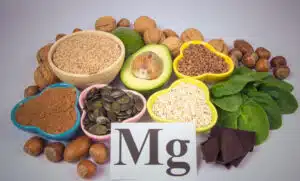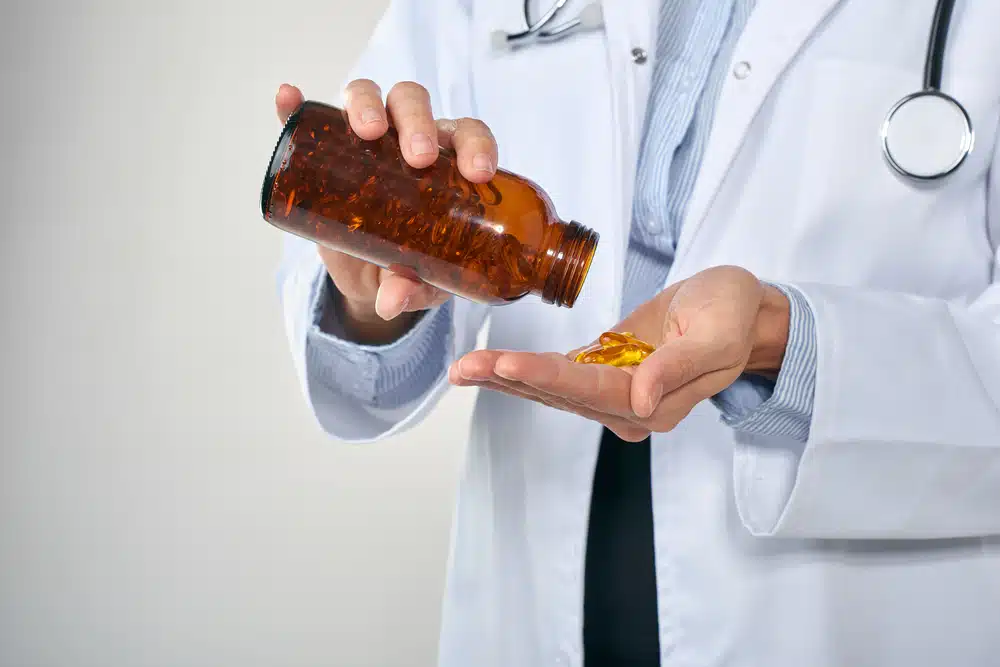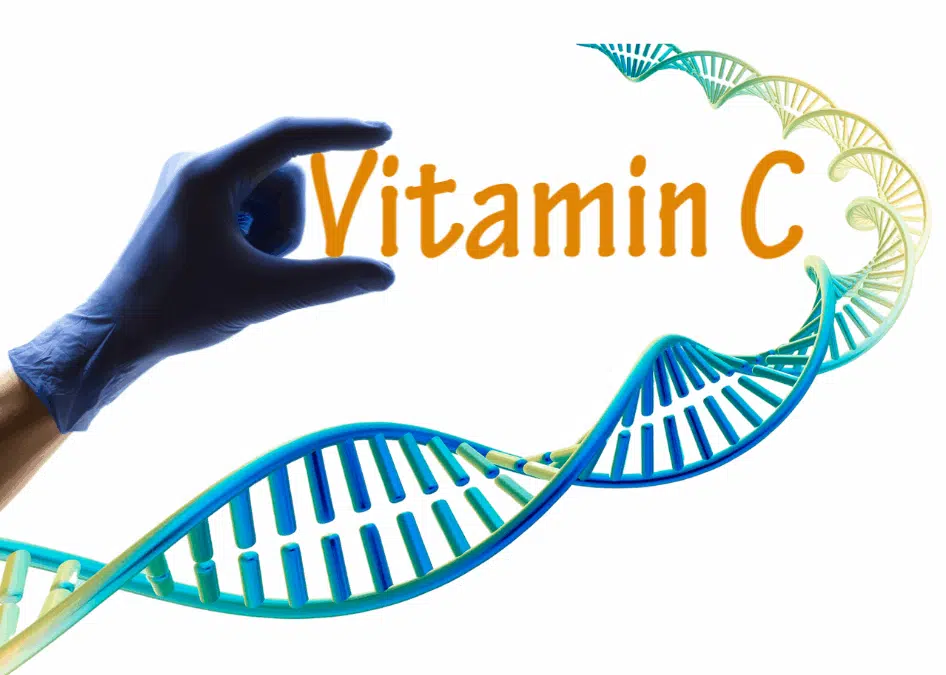
Why Humans Can’t Make Vitamin C + The Best Solution
Why Humans Can’t Make Vitamin C: The Missing Gene (GULO)
Did you know most animals can produce their own vitamin C? Humans, guinea pigs, and certain bats are rare exceptions — and the reason why might surprise you. It all comes down to a little gene called L-gulonolactone oxidase (GULO). This gene is essential for converting glucose into vitamin C—a crucial nutrient for our health. Millions of years ago, humans, along with a select few other species, lost this gene. The prevailing theory suggests that our ancestors thrived on diets rich in vitamin C from fruits and vegetables, making the gene redundant. However, as modern diets often fall short in providing adequate amounts of this vital nutrient, the absence of GULO has become increasingly relevant. This article explains why humans can’t make vitamin C and how liposomal C offers a smart solution.
Why This Matters Today
Vitamin C is not just a trendy supplement; it plays several critical roles in our bodies:
- Collagen Production: Essential for maintaining healthy skin, joints, and gums.
- Immune Function: Supports your body’s defense mechanisms against illnesses.
- Antioxidant Defense: Protects cells from damage caused by free radicals.
In today’s fast-paced world filled with stress and less-than-ideal eating habits, many people fail to get enough vitamin C. Even without experiencing full-blown scurvy—characterized by fatigue and bleeding gums—low levels of vitamin C can silently affect overall wellness. Since humans can’t make vitamin C, it’s essential to get adequate amounts from your diet and supplements.
Why Humans Can’t Make Vitamin C: A Deeper Dive into the GULO Gene
Let’s dive deeper into the curious case of the GULO gene. This diminutive piece of genetic code—by the name of L-gulonolactone oxidase—served as our ancestors’ key to synthesizing vitamin C from glucose. Imagine a time when fresh fruits and vibrant vegetables were abundant, and our bodies didn’t have to rely on external sources for this essential nutrient. However, over millions of years, human evolution took a twist: we lost the ability to produce vitamin C due to mutations in the GULO gene. It seems our diet was so rich in vitamin C that our bodies collectively decided, “Hey, we can skip this step!”
Today, however, it’s a different story. Our modern diets often lack sufficient vitamin C, pushing us into a nutritional corner where we can no longer rely on internal synthesis. The absence of GULO makes us dependent on dietary sources or supplements to meet our needs.
This genetic quirk isn’t just a trivial fact; it has real implications for health:
- Dietary Deficiency: Many people today consume fewer fruits and vegetables than recommended, making deficiencies commonplace.
- Vulnerable Populations: Certain groups—like those under stress, elderly individuals, or those with specific dietary restrictions—are at an even greater risk of inadequate vitamin C intake.
- Ongoing Research: Scientists continue exploring how this missing gene affects not only individual health but also broader public health issues related to nutrition.
Why Liposomal Vitamin C Is Superior
When it comes to vitamin C, not all supplements are created equal. While traditional ascorbic acid may have been the go-to option for years, many health enthusiasts are turning to Liposomal Vitamin C for a reason. But why is it considered superior?
Standard vitamin C supplements often face a significant hurdle: absorption. The body has a limit on how much ascorbic acid it can effectively absorb at one time, especially at higher doses. This can lead to gastrointestinal distress—a fancy way of saying you might find yourself making frequent trips to the restroom.
Enter liposomal vitamin C, which utilizes cutting-edge liposomal encapsulation technology. This method creates tiny fat-based “bubbles” (liposomes) that encapsulate the vitamin C, allowing it to be absorbed more effectively into your bloodstream without the gastrointestinal side effects associated with larger doses of regular vitamin C.
Better Absorption
For those who struggle with absorption issues—perhaps due to digestive conditions or simply aging—liposomal vitamin C can be a game-changer. These liposomes protect the vitamin during its journey through your digestive tract, ensuring that more of it gets delivered where it’s needed most: inside your cells.
Higher Bioavailability
Liposomal vitamin C boasts significantly higher bioavailability compared to traditional forms. This means you can achieve therapeutic levels without needing to take massive doses that may upset your stomach. Since humans can’t make vitamin C, this enhanced delivery system is a real advantage for maintaining optimal health.
- No More GI Distress: Many users report feeling more energized and experiencing fewer digestive issues when switching to liposomal forms.
- Effective Immune Support: Liposomal vitamin C aids in bolstering your immune system efficiently—helping you stay resilient against colds and other illnesses.
“Liposomal Vitamin C isn’t just a trend; it’s an evolution in how we think about nutrient absorption!”
Practical Tips for Maintaining Healthy Vitamin C Levels
- Incorporate Vitamin C-rich Foods: Bell peppers, citrus fruits like oranges and lemons, and antioxidant-packed berries.
- Snack Smart: Swap processed snacks for fruits like strawberries or apples.
- Opt for Quality Supplements: Liposomal vitamin C offers superior absorption.
- Stay Hydrated: Proper hydration supports nutrient absorption.
- Consider Timing: Consuming vitamin C with meals may enhance absorption.
- Manage Stress Levels: Stress can deplete vitamin C, so practice mindfulness techniques like meditation or yoga.
“A small change in diet can lead to significant benefits in wellness—so let’s get creative with our vitamin C sources!”
Final Thoughts
While nature once equipped us to produce our own vitamin C, modern life requires us to be proactive. Since humans can’t make vitamin C, it’s essential to be mindful of both dietary sources and the quality of any supplements you use.
Take Action Now
Want to make sure you’re choosing the best liposomal supplements? Download my free Smart Guide to Liposomal Supplements to learn what to look for, which nutrients benefit most from liposomal delivery, and how to maximize absorption. Click here to get your free guide now and take the guesswork out of supplementation!
Already know what you want? Explore my carefully curated Fullscript supplement catalog to find professional-grade liposomal vitamin C and other health essentials.
